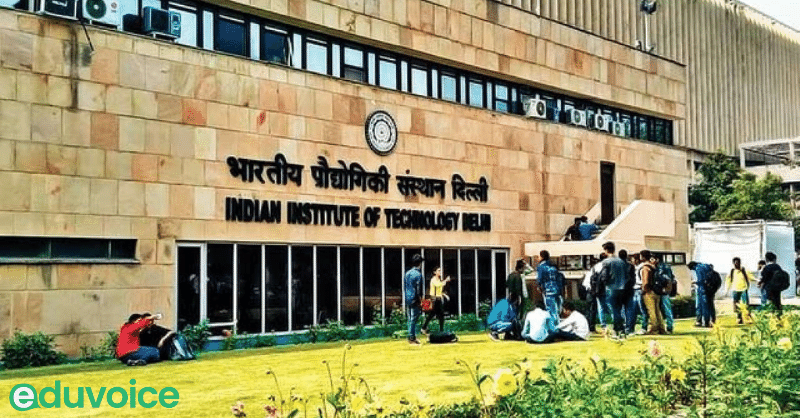Indian Institute of Science (IISc) is the country’s top-performing institute but is ranked in the 301-350 bracket. It is followed by IIT Ropar and the JSS Academy of Higher Education and Research. Both are in the 351-400 bracket.
Overall, India is home to 35 of the world’s top 1,000 universities, its second-highest total ever in the rankings. Last year, it was 36. Globally, the University of Oxford tops the ranking for the sixth consecutive year.
This is the second consecutive year that the IITs in Mumbai, Delhi, Kanpur, Guwahati, Madras, Roorkee, and Kharagpur have not participated in THE global rankings. They had announced their boycott in April last year, citing concerns over transparency after none of them found a place among the world’s best 300 universities. Before the announcement, the IITs had held two meetings with THE officials to flag issues of “transparency” in the ranking parameters, especially the citation metric. They had objected to THE allowing participating institutions to use collaborative research projects to bump up their score on the citation metric. They had objected to THE allowing participating institutions to use collaborative research projects to bump up their score on the citation metric. Such research papers have high citations by virtue of multiple authors associated with them.
Hence, an institution that is part of such a project ends up having a disproportionate advantage over others because of one paper that is cited multiple times globally, the IITs had told THE.
We were hoping they will tweak their criteria a bit. After those meetings, no one really got back to us. So our boycott continues,” said an IIT director. Asked about the feasibility of such a boycott, the director said, “We are very much part of the QS Rankings which is also a reputed ranking table. We have found them to be more transparent when it comes to their ranking parameters.
IITs had told THE
When contacted by The Indian Express, Phil Baty, THE’s editorial director, said THE’s ranking methodology is transparent and trusted globally. “Our ranking system is based entirely on a relationship of trust and transparency with the universities that take part, and inclusion. We are trusted all over the world. We firmly believe that the decision not to participate in these globally recognized and trusted rankings disadvantages the IITs. We are proud of our transparent methodology. We are ready and available at any time to continue discussions with the IITs. We would welcome their participation.”Meanwhile, a record 71 Indian institutions have taken part in this year’s rankings and can reap all the benefits from their engagement.”
To a question on whether THE would accommodate IIT’s feedback on the citation metric, he said, “Our plans to review and update our overall methodology are well documented. But it is a process which must involve the entire world and cannot be rushed.”
For More Such Articles, News Update, Events, and Many More Click Here






